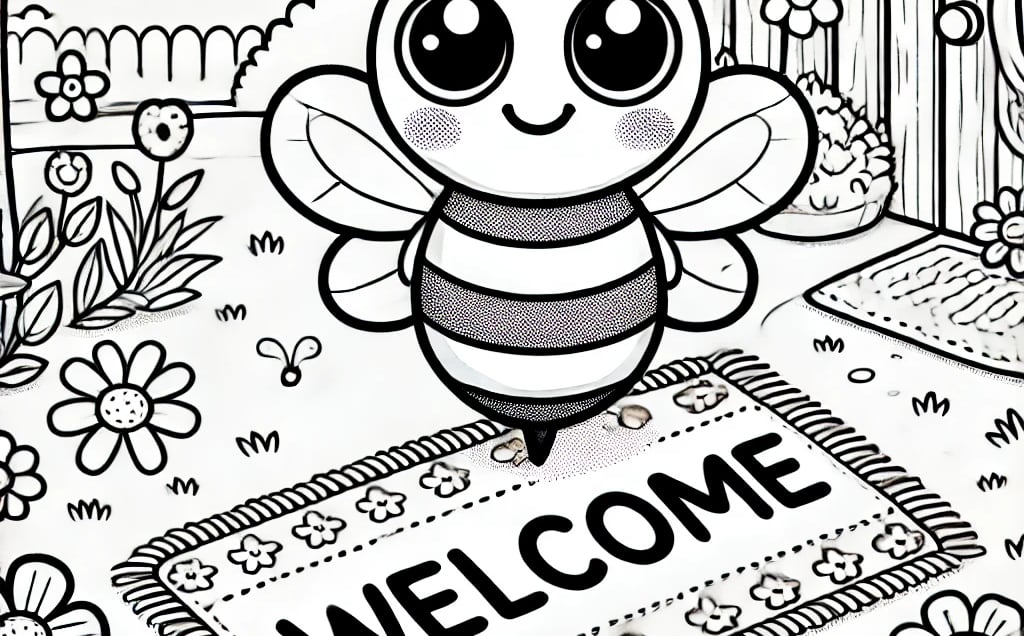Beneficial insects that support a thriving ecosystem in your garden.
Best companion plants to grow that will attract butterflies, dragonflies, bumblebees, honey bees, wasps, and other beneficial insects that support a thriving ecosystem in your garden.
Mary
3/15/20253 min read


Week Five Blog and Newsletter: Attracting Beneficial Insects to Help Naturally Balance Your Garden’s Ecosystem!
Hi everyone, it’s Mary from Will’s Garden!
In Week Four, we discussed companion planting and how different plants support each other in the garden. This week, we’ll dive into how all those companion plants we selected will attract beneficial insects to our garden! These pollinators and natural predators help keep your garden healthy and productive without the need for harmful pesticides.
This week, we’ll focus on the best companion plants to grow that will attract butterflies, dragonflies, bumblebees, honey bees, wasps, and other beneficial insects that support a thriving ecosystem in your garden.
Why Attract Beneficial Insects?
Beneficial insects play a critical role in your garden’s success by: ✅ Pollinating flowers and vegetables, leading to higher yields.
✅ Preying on harmful pests like aphids, caterpillars, and beetles.
✅ Improving biodiversity and naturally balancing the garden ecosystem.
By planting the right flowers and herbs, you can create a welcoming habitat for these helpers, making your garden stronger and more resilient.
Best Companion Plants to Attract Beneficial Insects
1. Flowers That Attract Butterflies & Bees
Butterflies and bees are crucial for pollination, ensuring your fruits and vegetables flourish. These flowers will invite them in:
Lavender – A favorite for bumblebees and honeybees.
Echinacea (Coneflower) – Loved by butterflies and pollinators.
Zinnias – Attract butterflies, bees, and hummingbirds.
Black-eyed Susans – Provide nectar for bees and butterflies.
Milkweed – Essential for monarch butterflies.
Sunflowers – Draw in bees while providing seeds for birds.
Wildflower Mix – A great option for attracting a variety of pollinators. (Check out Eden Brothers Massachusetts Wildflower Seed Mix)
Bulk Wildflower Mix – Ideal for creating a dedicated wildflower garden but not for individual companion planting. (Check out HOME GROWN Wildflower Seeds)
2. Herbs That Attract Pollinators & Predator Insects
Many herbs provide nectar for bees and shelter for beneficial predators like wasps and ladybugs:
Basil – Attracts bees and deters mosquitoes.
Dill – Loved by butterflies and predatory wasps.
Fennel – Attracts ladybugs and parasitic wasps.
Cilantro (Coriander) – Attracts hoverflies that eat aphids.
Mint – A favorite of bees and butterflies.
Thyme – Produces tiny flowers that attract pollinators.
Organic Herb Seed Mix – A variety of heirloom herbs perfect for attracting beneficial insects. (Check out Sereniseed Certified Organic Herb Seeds)
3. Plants That Bring in Dragonflies & Predators
Dragonflies are fantastic for controlling mosquitoes and small pest insects, while predatory wasps help eliminate garden pests. These plants will encourage them:
Yarrow – Attracts predatory insects like lacewings and wasps.
Goldenrod – Provides nectar for beneficial predators.
Marigolds – Deters harmful pests while bringing in pollinators.
Cosmos – Attracts predatory wasps and hoverflies.
Asters – Great late-season nectar source for pollinators.
4. Companion Planting for Natural Pest Control
Some companion plants attract beneficial insects while repelling pests:
Nasturtiums – Repel aphids and attract pollinators.
Borage – Deters tomato hornworms and attracts bees.
Catnip – Keeps pests away while drawing in pollinators.
Chamomile – Encourages hoverflies and predatory wasps.
Creating a Beneficial Insect Garden
To maximize the impact of these plants, try these simple strategies: ✅ Plant a variety of flowers and herbs throughout your garden to attract different species.
✅ Group companion plants together near your vegetables for improved pollination and pest control.
✅ Provide water sources, such as a shallow dish with pebbles, to support pollinators like bees and butterflies.
✅ Avoid chemical pesticides, which can harm beneficial insects.
✅ Allow some plants to flower, like basil and cilantro, to provide nectar for insects.
Final Thoughts
By growing the right companion plants, you can create a balanced, thriving garden full of beneficial insects that help control pests, pollinate crops, and improve biodiversity. Whether you’re attracting butterflies, dragonflies, bees, or predatory wasps, every insect plays a part in maintaining a healthy garden ecosystem.
Next week, we’ll talk about composting techniques and how to create nutrient-rich soil using your garden waste!
As always, happy gardening, and let’s keep growing together! 🌿🐝🦋
Warmly,
Mary from Will’s Garden 🌱
Solutions
Collect rainwater efficiently with our innovative systems.
Sustainability
Quality
info@willsgarden.com
1-508-375-3600
© 2025 All rights reserved.
